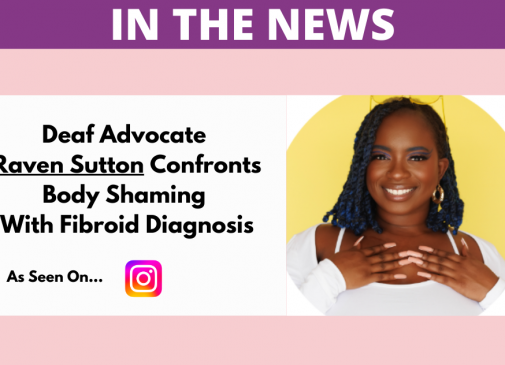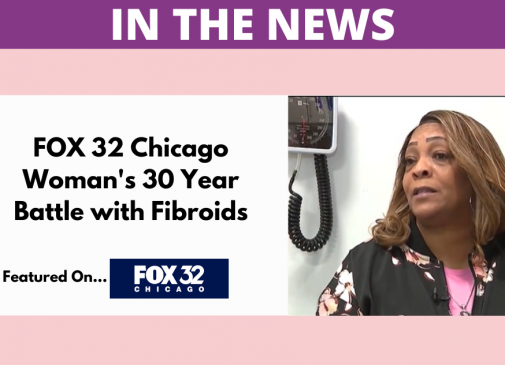
Uterine fibroids threatened to wreck her life, but Cynthia Bailey, 54, formerly of The Real Housewives of Atlanta, found a treatment that helped.
Years ago, when Cynthia Bailey was pregnant with her daughter, Noelle, doctors told the former star of Bravo TV’s The Real Housewives of Atlanta that she had a fibroid. “It was the size of a grape at that time, and it was not cancerous, so it was nothing to concern myself about, and it would probably just go away, they told me, which is not what happened,” Bailey says.
During pregnancy, fibroids, which are dependent on the production of the hormone estrogen, can grow larger triggering more symptoms. A few years after Noelle was born, Bailey became anemic. What’s more, she was always tired and had developed an appetite for some peculiar snacks. “I definitely chewed ice with the best of ’em,” she says. “And then I would even crave red clay dirt!”
Read the entire article here:
https://www.realhealthmag.com/article/flipping-script-cynthia-bailey







